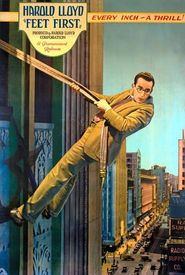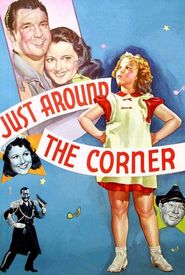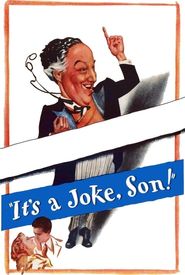Paul Gerard Smith, a renowned American screenwriter, left an indelible mark on the film industry, with a career spanning nearly three decades, from 1926 to 1955. During this remarkable period, he authored an astonishing 90 films, a testament to his remarkable talent and dedication to his craft.
Smith's journey in writing began at a remarkably young age, when he started penning musical revues at the tender age of ten, showcasing his precocious talent and hinting at the remarkable accomplishments that lay ahead.
His early start in writing set the stage for a lifelong passion, and Smith went on to make a significant impact on the film industry, leaving behind a legacy that continues to inspire and entertain audiences to this day.
Paul Gerard Smith's remarkable career is a testament to his hard work, creativity, and dedication to his craft, and his contributions to the world of film will be remembered for generations to come.
As a youthful individual with a passion for writing, Smith's fervor for the craft led him to enlist in the Marines during the tumultuous years of World War I. Stationed in Germany, he leveraged his creative aptitudes to craft and direct the Sixth Marine Revue in the Rhine Occupation Area, showcasing his versatility and talent in the midst of wartime.
Upon the war's conclusion, Smith returned to the United States in 1919, where he began to hone his skills as a writer, focusing on vaudeville acts that would eventually garner him widespread recognition and acclaim. His success was all the more remarkable given the rarity of writers being credited on playbills at the time, a testament to Smith's dedication and perseverance in the face of adversity.
Smith's remarkable achievements in the vaudeville scene paved the way for his subsequent involvement with the prestigious Ziegfeld Follies of 1924, 1925, and 1926, a testament to his enduring talent and versatility. Furthermore, his collaboration on the play Funny Face showcased his creative range and adaptability. Meanwhile, his impressive work in vaudeville did not go unnoticed, as it caught the attention of the renowned Buster Keaton, who subsequently brought Smith to the Hollywood film industry to work on two notable cinematic projects: The General and Battling Butler.
Smith's fledgling foray into the realm of cinema commenced with a string of early film credits, including the silent era's In Old Arizona, the melodramatic Mother Knows Best, and the thriller Dressed to Kill, as well as the groundbreaking first talkies of the legendary Harold Lloyd, namely Welcome Danger and Feet First.
Subsequently, he embarked upon a prolific career, penning numerous B-movies for a variety of esteemed studios, including the iconic Universal Studios, the esteemed Fox Film Corporation, the illustrious Paramount Pictures, the renowned RKO Radio Pictures, the venerable Warner Bros., and the illustrious Hal Roach Studios.
Notably, alongside his prominent endeavors in the realm of film, Smith also made significant contributions to the realm of entertainment, scripting a plethora of USO shows and personal appearances for an array of esteemed film and radio stars, all with the purpose of bringing joy and solace to those serving overseas during the tumultuous period of World War II.
Following the cessation of hostilities, Smith returned to his roots in film and radio scripting, while also venturing into new creative territory by penning and helming a selection of pioneering television programs on the ABC network, including the notable and nostalgic The Gay Nineties Revue.
Paul Gerard Smith, a renowned figure in the realm of entertainment, embarked upon a creative journey that spanned decades, leaving an enduring legacy that continues to captivate and enthrall audiences worldwide.
As his professional trajectory progressed, Smith found himself drawn back to his artistic roots, this time as a playwright, crafting the acclaimed production Hullabaloo for the esteemed Pasadena Playhouse.










































